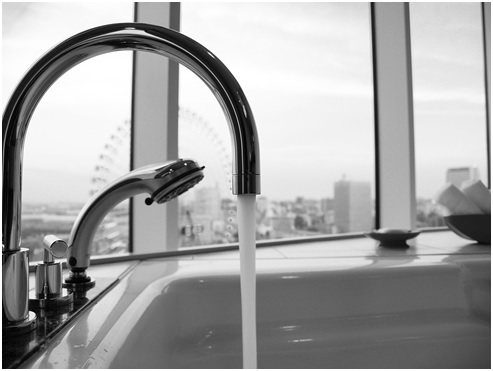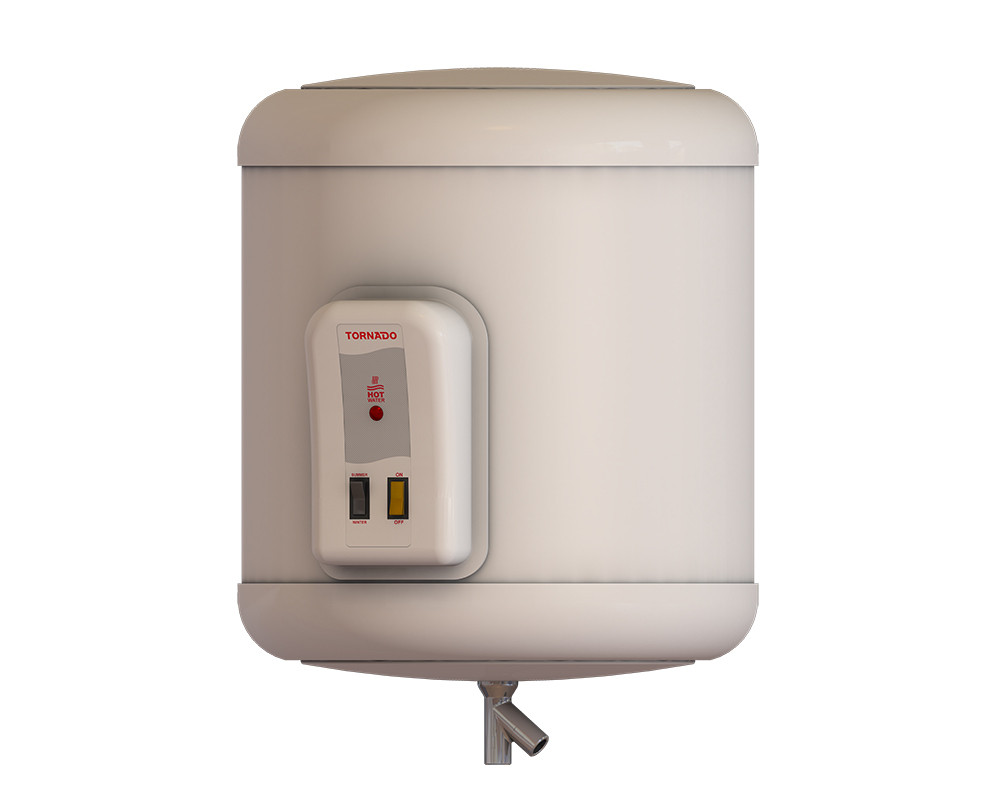Whether your hot water heater can’t seem to put out more than tepid water, it makes weird noises, or it seems to be malfunctioning, you may not have to pay for a new hot water heater. And you may be able to troubleshoot the issue yourself in many cases, whether you can fix it yoursel for end up calling the plumber knowing you don’t have a choice. Here are a few tips on how to troubleshoot common electric water heater problems.
There’s No Hot Water
One possibility is that there is no power to the hot water heater. Make sure the fuse or circuit breaker to the heater wasn’t flipped off during maintenance or tripped by a power surge. If the power is on and it isn’t heating up, check the thermostat. A thermostat that is malfunctioning or dead won’t tell the water heater to heat up in the first place.
Another possibility is that the heating elements have burned out. This is the likely cause if your hot water heater’s performance dropped off before stopping altogether. You may be able to replace the elements yourself, or you may want to call for service. If you’ve never had enough hot water for your needs, then your heater’s performance might not be enough and you’ll have no choice but to call a professional for a hot water tank installation that is properly sized for your household.
The Water Is Too Hot
It is possible to have a water heater that is too hot. This may be due to a thermostat that is set too high or inaccurately reading the water temperature. In some cases, there is an electrical problem causing things to overheat. For example, a heating element may be stuck on, even though it should be shutting off. Turn everything off and call for service if that’s the case.
It Is Leaking
Water leaks could be caused by a rusting case, leaking valves, and loose connections. If you see rust on the valves or water heater body, it needs to be replaced immediately. A cracked water heater should be replaced, as well. You can try to tighten loose heating element bolts, bad gaskets, and connections yourself. Leaks caused by excessive pressure or high temperatures could be solved temporarily by releasing pressure via a relief valve or turning down the temperature, but the unit needs to be replaced. Turn off the power, drain it entirely, and wait for help to arrive.

The Water Is Off-Color
If you see red rust in the water, the source could be rusting metal in the water heater, or it may be coming from your pipes. First, replace the anode rod in the hot water heater to see if that resolves the problem. If it doesn’t, a plumber needs to check your pipes, and if those are fine, the hot water heater needs to go.
The Water Smells Funny
A decaying sacrificial anode rod in the hot water heater can release hydrogen, which will emit a foul smell. To eliminate the smell, the water heater needs to be flushed of all sediment, treated with a hydrogen peroxide in water mixture, flushed again, and then the anode replaced. If the smell doesn’t go away, the water heater has to be replaced.
Conclusion
Hot water heaters are an appliance we tend to forget about until they fail. Fortunately, while there is a possibility you can repair the issue yourself, it’s always better to consult a professional if this is outside of your field of expertise.

